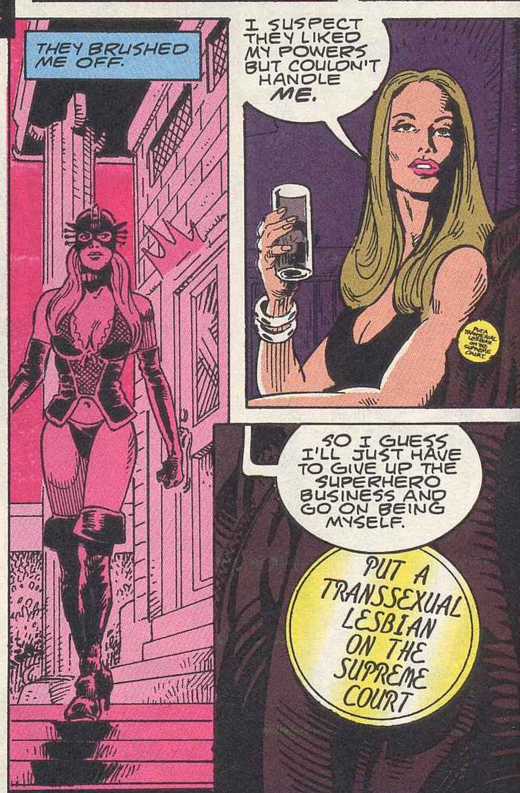The United States has lost more than a third of its newspapers in the last 20 years, turning many rural counties into news deserts. At the same time, larger media companies are losing profitability in the digital age, forcing them to rely on rich investors. The Washington Post, The Los Angeles Times, The Atlantic, Time magazine and the Boston Globe have all been purchased by billionaires in the past 15 years.
When Jeff Bezos bought The Washington Post in 2013, he was able to inject cash into the struggling newspaper and help it expand online. However, Bezos and LA Times owner Patrick Soon-Shiong both came under fire after preventing their editorial boards from endorsing Kamala Harris in the 2024 presidential election. These moves were seen as a way to protect Bezos’ other business interests from retaliation by Donald Trump. In response, three members of the LA times editorial board quit, and over 300,000 people cancelled their Washington Post subscriptions after the decisions. Two weeks ago, a Washington Post cartoonist quit her job, after being told she couldn’t publish a cartoon that made fun of Bezos and other media tycoons for donating to Trump’s inauguration.
The Seattle Times is owned by the wealthy Blethen family. While they have few major scandals, they have appointed an editorial board that is much wealthier and more conservative than the average Seattle resident. They also came under scrutiny in 2016, when it appeared the current CEO and publisher Frank Blethen was writing editorials against a proposed basketball arena near the port, in order to secure a $290,000 promotional deal with the Port of Seattle.
This new group of wealthy media titans has blurred the line between business and journalism. A solid first step towards fixing this issue would be to give professional journalists the same protections that student journalists enjoy. Public school publications like The Messenger are non-profits, which get most of their funding from donations and the government. Unlike the owners and publishers of professional newspapers, teachers and administrators don’t feel the need to censor stories for financial reasons. In 18 states, including Washington, administrators are banned from censoring student journalists. This means that all decisions about what gets written and printed can be made by students. The owners and shareholders of media companies don’t have these limitations, they have full control over what their reporters can and can’t publish.
School staff are also encouraged to remain hands-off because they have immunity from lawsuits related to the stories being published, as long as they don’t review articles before they are published. This was demonstrated about a decade ago, when two North Seattle landlords filed libel suits against Seattle Public Schools over an article written about them in the Roosevelt High School newspaper. Both lawsuits were dismissed, because the school district is not responsible for regulating student newspapers.
In an era dominated by political polarization, free press is more important than ever. Unfortunately, it is currently being taken over to serve the needs of the wealthiest Americans, at the expense of everyone else. We all need good journalism, and we need to intervene now to protect it.





